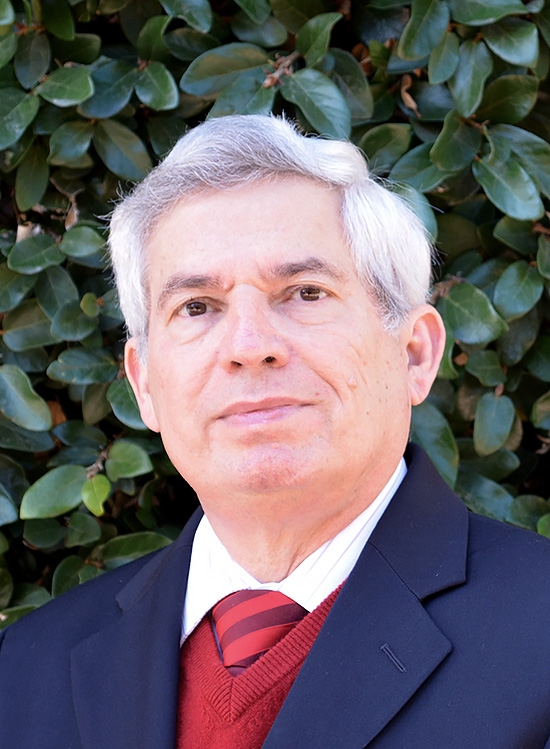The UCSB College of Engineering extends its congratulations to Carlos G. Levi, professor in the Materials and Mechanical Engineering departments at the UCSB College of Engineering, who last month was named the inaugural recipient of a new professorship, the Mehrabian Endowed Chair in Materials.
“It is both uplifting and humbling to be appointed to an endowed professorship named after Dr. Robert Mehrabian, a man whose vision and drive transformed the College of Engineering at UCSB and promoted the collaborative environment that has become a guiding light for the campus and is now extending across academia,” Levi said. “His impact extends well beyond academia, thanks to his exemplary leadership in the government scientific establishment, as well as at Teledyne Technologies. I am extremely grateful to him and to Mrs. Mehrabian for their generosity to our campus, and to be given the opportunity to honor Dr. Mehrabian’s legacy as the first Mehrabian Chair in Materials.”
“Congratulations to Carlos Levi on being named the inaugural Mehrabian Chair in Materials,” said Rod Alferness, dean of the UCSB College of Engineering. “Carlos embodies the intelligence, the creativity, the spirit of collaboration, and the commitment to teaching that have made our Materials Department the number-one department of its kind among public universities.”
Professor Levi is a dedicated educator and world-renowned researcher in the area of inorganic materials for thermo-structural applications, with emphasis on high-temperature engineered coatings and composites that improve efficiency and reduce emissions in energy and transportations systems. He is an international authority on zirconia-based ceramic coatings for aircraft engine components. In recent research, he has uncovered the mechanisms by which deposits of molten silicate (CMAS) from volcanic ash, sand, and high-pollution environments around the world cause accelerated degradation of aircraft engine components. He has applied that knowledge to guide the development of materials-based strategies to mitigate CMAS-induced failure scenarios.
Levi has also made seminal contributions to understanding microstructure evolution for large deviations from equilibrium. He has developed novel paths for synthesizing discontinuously reinforced metal and intermetallic matrix composites, as well as oxide-based fiber composites having enhanced tolerance for mechanical damage. He was recently elected as a fellow of the American Ceramic Society and received the Morris Cohen Award for career research excellence from the Minerals, Metals and Materials Society. Levi received his PhD from the University of Illinois in 1981 and joined UCSB as an assistant professor of Materials and Mechanical Engineering in 1984, advancing to the rank of professor in 1992.
The Mehrabian Endowed Chair in Materials is established through a generous gift from Robert and Victoria Mehrabian, who are longtime friends and benefactors of UCSB. As dean from 1983 to 1990, Dr. Mehrabian transformed and expanded the College of Engineering and, in partnership with A. G. Evans, established the Materials Department in 1987. His vision catalyzed a collaborative environment for faculty and advanced the college to international prominence.
Mehrabian is currently the chairman, president and CEO of Teledyne Technologies. He began his corporate executive career in July 1997 as senior vice president in charge of the Aerospace and Electronics segment of Allegheny Teledyne. His academic career spanned almost thirty years, beginning at MIT in 1968 and concluding as president of Carnegie Mellon University from 1990 to 1997. After MIT, he was professor of metallurgy and of mechanical engineering at the University of Illinois at Urbana-Champaign from 1975 to 1979, and then spent four years in the Senior Executive Service of the U.S. Department of Commerce, first as chief of the Metallurgy Division of the National Bureau of Standards (now the National Institute for Standards and Technology), and then as director of the Center for Materials Science, where he initiated numerous government/industry programs that became models for such cooperative efforts.

